Jethro Tull – Curious Ruminant Review: A Masterpiece of Reflection and Legacy
The legendary Jethro Tull are back with Curious Ruminant, an album that feels deeply introspective, poetic, and, in many ways, a reflective piece of work from Ian Anderson. Having had the privilege of interviewing Ian about this album, I approached it with great anticipation. But my thoughts here aren’t coloured by that experience—this album stands on its own as something truly remarkable.
Curious Ruminant is available in multiple formats, including a vinyl edition, a media pack, and a Super Deluxe Edition featuring vinyl, CDs, and a Blu-ray. I personally have the vinyl edition, which comes in a beautiful gatefold sleeve with a poly-lined sleeve (which I always appreciate!). It also includes a booklet packed with lyrics, musician credits, and Ian’s own insights into the album’s concept—a lovely addition that enhances the listening experience.
A Storyteller’s Perspective
This album stands out in the Jethro Tull catalog because it feels more personal. Ian has often written in the third person, weaving stories with characters and narratives, but Curious Ruminant shifts that perspective to “I” and “me”, making it feel more like a direct conversation with the listener.
Here are some highlights:
“Puppet and Puppet Master”
A classic Tull opener—mid-paced, rich in flute work, and featuring an incredible question-and-answer interplay between the guitar and flute. The Hammond organ adds a warm, vintage texture. It’s the perfect introduction, setting the tone for what’s to come.
“Curious Ruminant” (Title Track)
This one really grabbed me. It begins with a gentle piano before morphing into that signature Tull galloping rhythm. Lyrically, it’s reflective, asking “Why am I here?” and answering “Why am I anywhere?”—the kind of introspective thought that only Ian can deliver so poetically. The echoed vocal reverb recalls classic Tull moments, and the bass groove towards the end is just superb.
“The Tipu House” – A Story in Itself
Lively and deeply observational, this one reminds me of “Baker St. Muse” from Minstrel in the Gallery. The lyrics are cinematic, painting a vivid urban landscape. This theme carries through “Savannah of Paddington Green”, another track that feels like it could have come straight out of the 1975 era.
“Drink from the Same Well” – The Album’s Centerpiece
At nearly 17 minutes long, this is the heart of the album. It ebbs and flows through different musical landscapes, shifting from gentle piano and flute to a pulsating Indian-influenced rhythm. The accordion backing, the jazz-infused flute solo, and the lush, cinematic atmosphere make this one of the most stunning pieces of music Ian has crafted in years.
“Interim Sleep” – A Hidden Gem of Emotional Depth
This is where the album reaches its most emotionally powerful moment. A spoken-word piece backed by gentle guitar and atmospheric flute, it’s profoundly moving.
When I interviewed Ian, we talked about this track, and he admitted it might be too emotional to perform live. That resonated with me because the poetry in these lyrics is deeply personal and universally relatable. It deals with loss, transition, and acceptance, but in a way that feels comforting rather than sorrowful.
Here’s a section that particularly struck me:
“When interim sleep takes me, I want you close beside. No tears, no sad goodbye… Not gone forever, nor to be forgotten.”
That imagery of a bird soaring in the infinite blue, waiting to guide us on a new journey, is breathtaking. It’s the kind of song that lingers long after the album has ended.
Jethro Tull’s Curious Ruminant is an album of reflection, depth, and poetic mastery. It feels like Ian Anderson looking back—on history, on legacy, and on the journey of life itself. The musicianship is superb, the flute playing is some of Ian’s best in years, and the lyrical themes are profound and thought-provoking.
If you’re a long-time Jethro Tull fan, this album will reward repeated listens. If you’re new to the band, it’s a fantastic example of how an artist can continue evolving while staying true to their roots.
Which Version Should You Get?
If you’re a collector, the Super Deluxe Edition with the 5.1 mix is worth considering. The vinyl edition (which I have) is beautifully presented, and the standard media pack is a great option as well.
What do you think? Have you listened to Curious Ruminant yet?
Let me know in the comments or join our Now Spinning Magazine community to discuss it further!
Phil Aston | Now Spinning Magazine


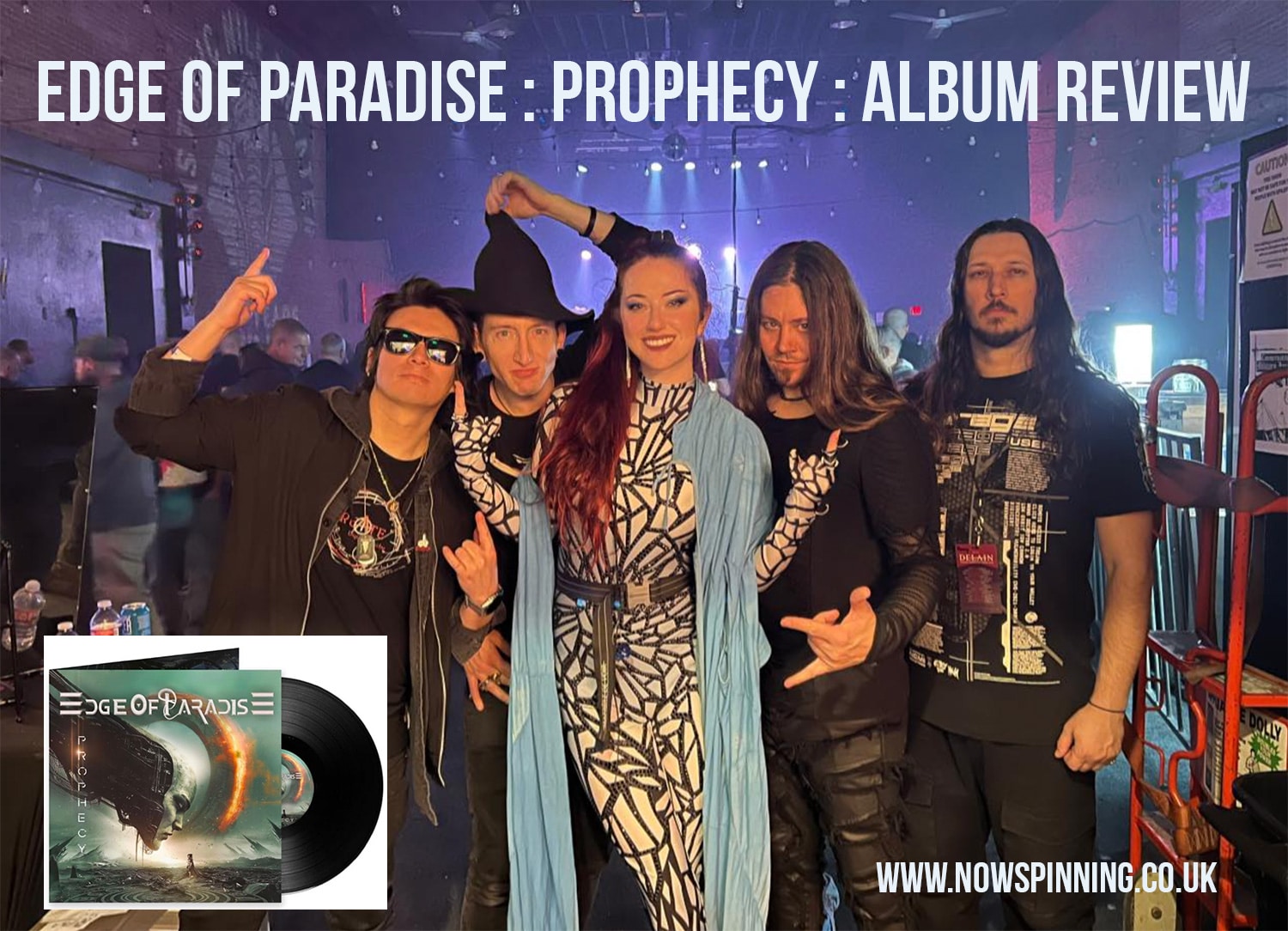
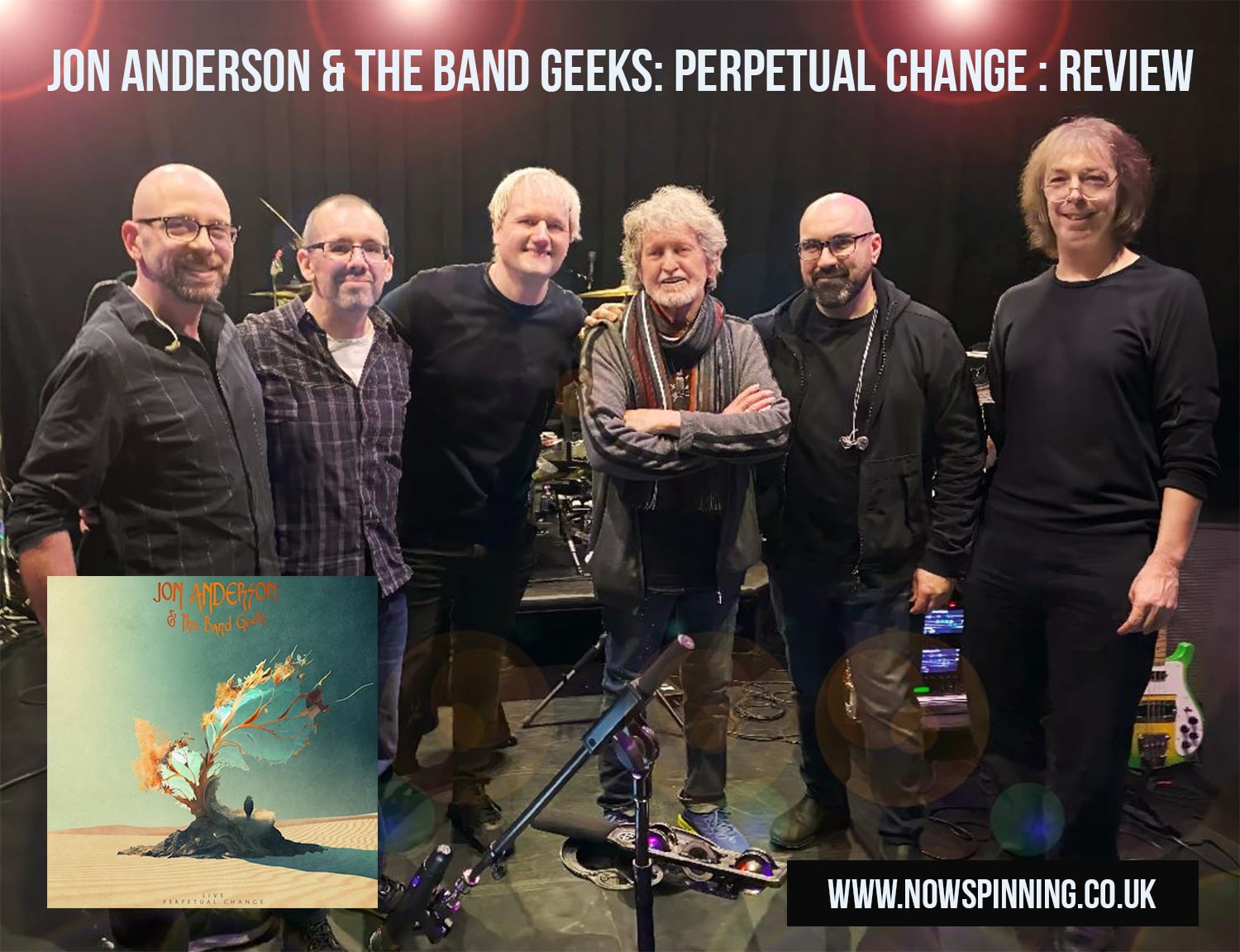
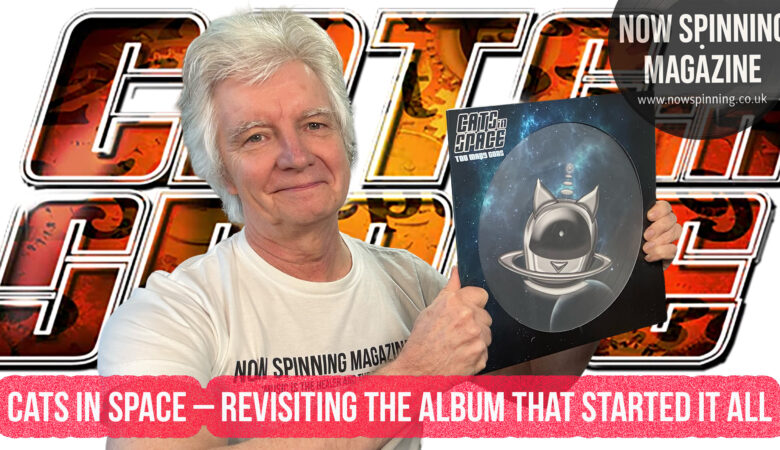
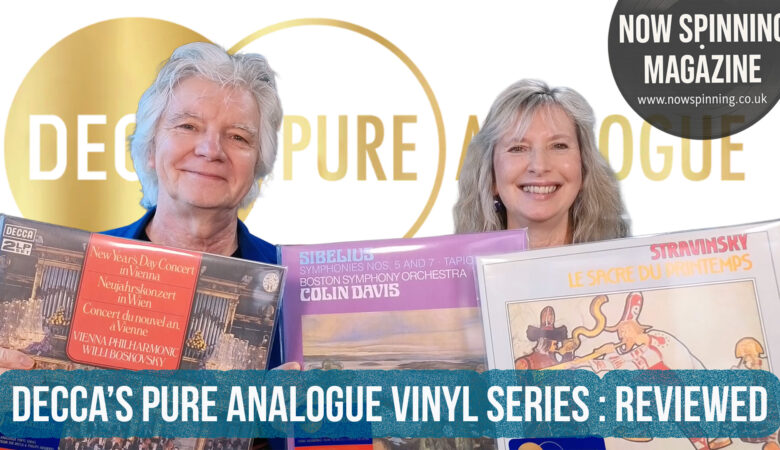
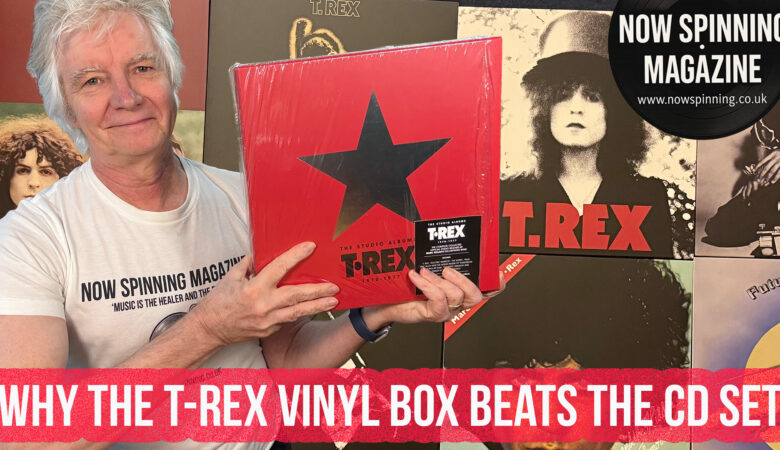
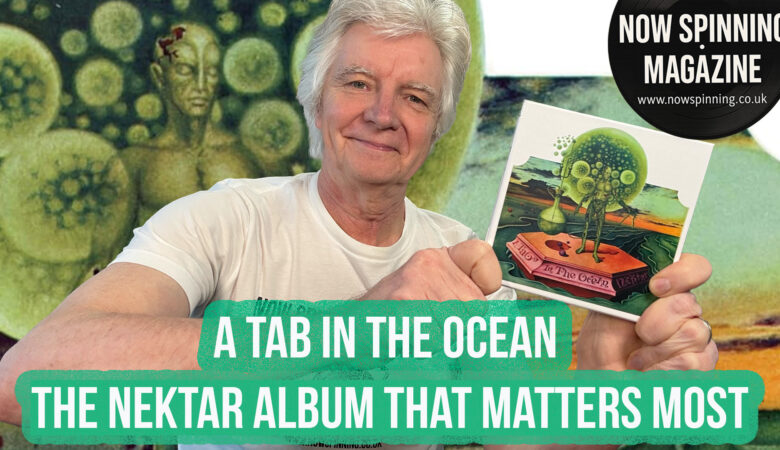



Of the three most recent Martin-less Tull albums, this one seems to be the closest to a full-fledged “Jethro Tull” album to me. The band seems to be comfortable with one another, and not just paid sidemen being paid to play exactly the right notes. There’s a bit more diversity stylistically than the previous album, RökFlöte – which seemed to be a bit formulaic. Pretty flute intro/heavy metal riff. Repeat. The Zealot Gene was pretty close,but had a lot of Ian solo tracks, due to COVID. Tull albums had a number of Ian solo songs, so ironically, Zealot may have been closer to a Tull album by default.
Ian’s voice is quiet and low pitched, as it has been for a decade or two, but oddly sounds a little clearer and stronger here than it did on albums like “Homo Erraticus” where it seemed somewhat buried.
My favorite tracks on here are probably “Stygian Hand” and “Over Jerusalem”. “Drink From The Same Well” seems to be stitched together from a bunch of separate pieces which all date back from when Andy Giddings was in the band. I like it, but it feels like leftover bits put on the same track and called an “epic”. It’s the longest song since “Baker Street Muse”, but even if BSM was a bunch of tunes slammed together, it seemed stylistically more coherent than “Drink. . .” It does take me back to the late 90’s, and the first time I listened to “Roots to Branches”.
This may or may not be the last ever Tull album. Ian admits as such in the liner notes. If it is, it’s okay with me, though I think Ian may have a little more left in the tank. “Interim Sleep” seems an appropriate farewell, but he’s explored similar themes on such songs as “Stuck In The August Rain” and “The Jasmine Corridor”, so who knows?